Russell E. Larson Agricultural Research Center
A hub for cutting-edge research and innovative education
Penn State and its College of Agricultural Sciences are home to some of the world’s premier research facilities, centers, and institutes. Here, scientists are leading transformative research efforts to confront the pressing challenges and opportunities of our time.
Penn State's Russell E. Larson Agricultural Research Center along state Route 45 at Rock Springs, is a hub for cutting-edge research and innovative education conducted by the College of Agricultural Sciences.
Research and education conducted at the 2,200-acre site have the same goal — better food and farming for the health of society and the environment. Current studies at this living laboratory focus on fruits, vegetables, grains, weeds, soil, insects, fish, water, farming techniques, forestry and more.
The public is invited to learn about today's research and the agricultural innovations that have emerged from the research center by attending several events that are open to the public during the year. These events include Ag Progress Days, Penn State Extension educational field days, and Pasto Agricultural Museum tours.
Research Farms
Agronomy Farm
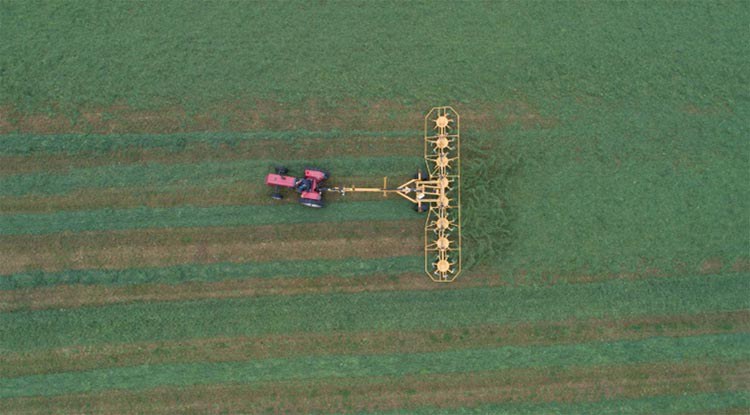
The Agronomy Farm is the college's largest field research facility, encompassing more than 600 acres, providing ample space for research projects, including forage and grain crop variety trials, and studies examining soil fertility and conservation, water quality, crop rotations, and tillage methods, among others.
Entomology Farm
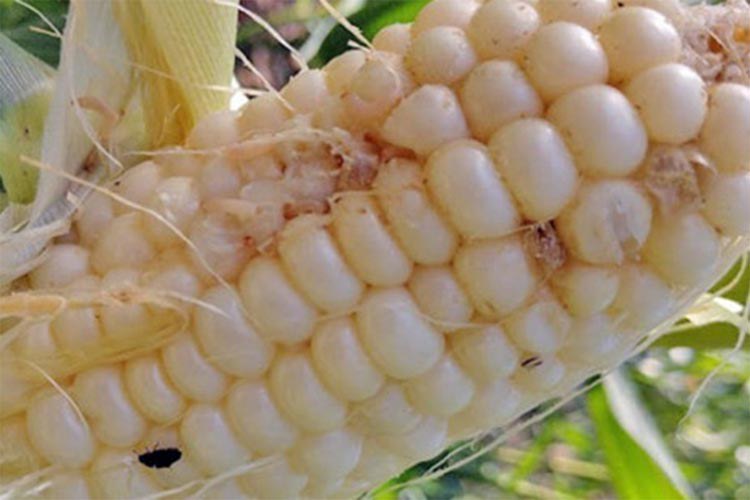
Researchers at the Entomology Farm are charged with investigating new pest management strategies and studying insects in the field. They have developed pest prediction and monitoring systems, such as PestWatch, which help growers know when to expect and how to handle a potential infestation. Another goal of their work is to reduce the need for pesticides.
Horticulture Farm
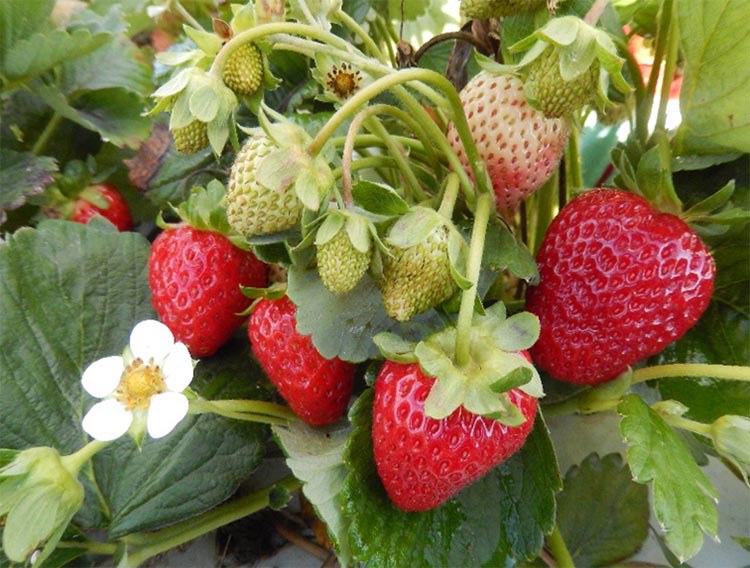
A gamut of crops, such as tomatoes, onions, potatoes, strawberries, raspberries, cucumbers and the like — as well as 12 acres of fruit trees — blanket the Horticulture Farm grounds. Current studies include crop varieties and their productivity based on the environment, the use of plastic covers and tunnels to improve crops and extend growing seasons, and methods to maximize yield and efficiency in orchard systems.
Plant Pathology Farm
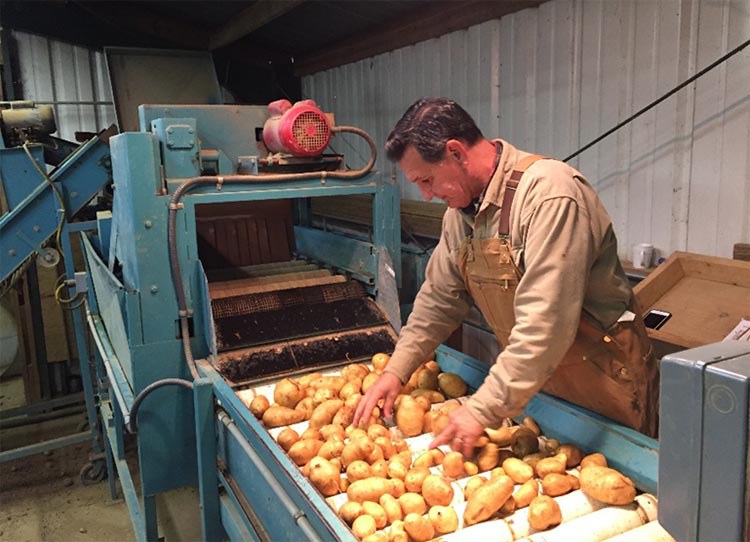
Evaluating crops that are being bred to resist bacterial, fungal and viral diseases is the cornerstone of research at the Plant Pathology Farm. Scientists also develop management techniques to reduce or prevent crop losses due to disease while minimizing the use of fungicides.
Example Projects
-
Penn State potato research program chips in with valuable insights for industry
-
Grant to fund research on biological approach to manage soil pathogens and pests
-
Nitrous oxide emissions, coming from legume cover crops, manure, can be reduced
Opportunities for the Public
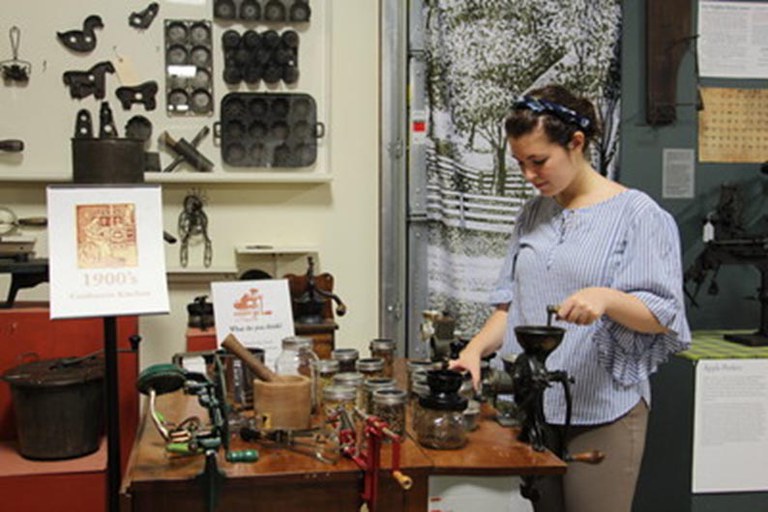
The Pasto Agricultural Museum connects our agricultural past with present-day practices and cutting-edge research in food and fiber systems, environmental issues, and natural resources. Pasto boasts more than 3,000 rare and unusual farm and home implements and holds special events throughout the year and tours by appointment.
The public is also invited to learn about today's research and the agricultural innovations that have emerged from the research center by attending several events that are open to the public during the year. These events include Penn State's Ag Progress Days in August, the PA Timber Show Products Equipment and Technology Exposition every other June and the Centre County Master Gardener plant sale in May.

